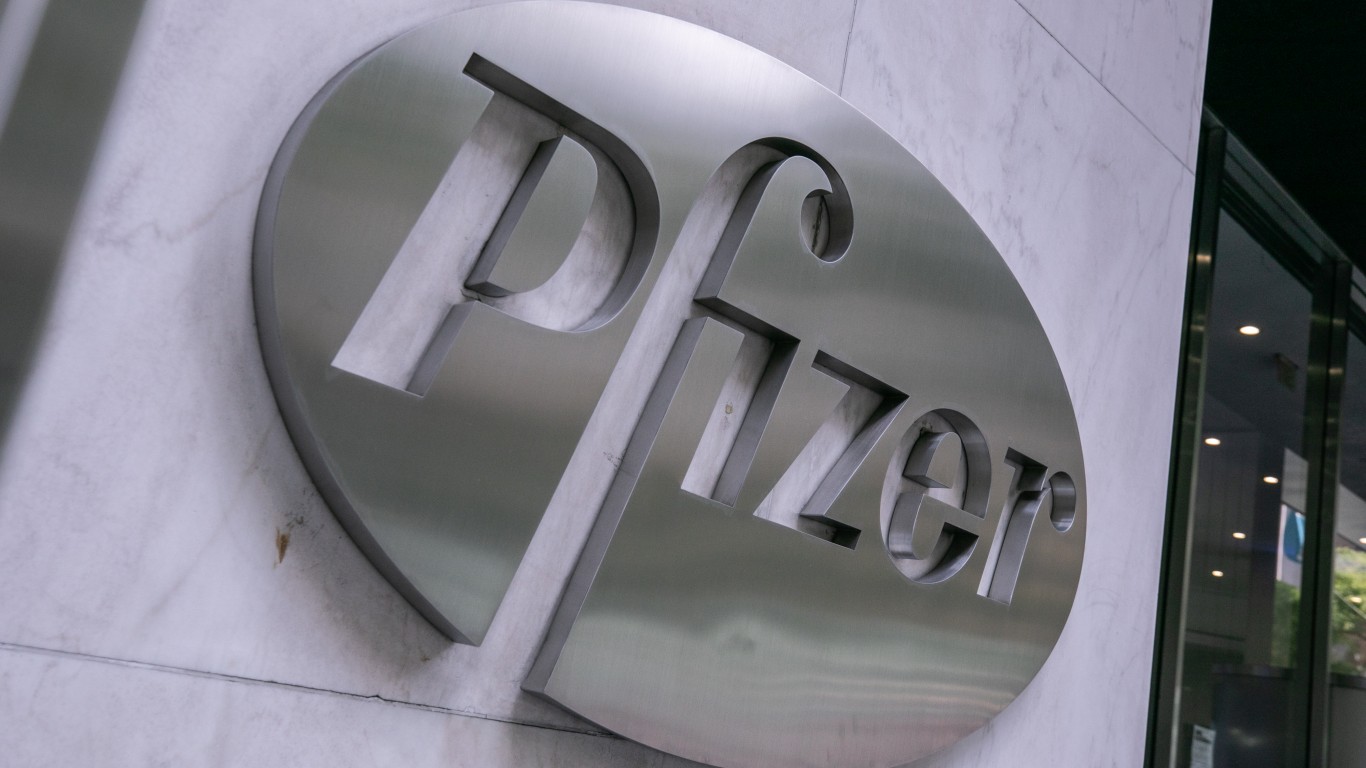
News last week that CI Financial (CA:CIX) is selling 20% of its U.S. wealth management business sent the Toronto-traded shares up 50% by one point on May 11. The CIX stock price pulled back a bit, but still posting a 23% gain by the close.
By Friday, some of the glow had worn off as investors reassessed the deal and the shares gave back more than 17%.
An investment group led by Bain Capital and the Abu Dhabi Investment Authority will pay $1.34 billion for the minority 20% interest. (All figures in Canadian dollars unless otherwise specified.) The transaction values the entire U.S. business at $7.1 billion or 25.6x its first-quarter 2023 annualized adjusted earnings before interest, taxes, depreciation and amortization (EBITDA).
Costly Move
CEO Kurt MacAlpine, who is responsible for the company’s aggressive and costly move into the U.S., was very enthusiastic about the move.
“This investment from several leading global financial institutions validates our differentiated U.S. wealth management strategy and the considerable success we have achieved in just over three years building and executing on the growth of the business,” MacAlpine stated in the company’s May 11 press release.
MacAlpine was hired as CEO of CI Financial in August 2019. He joined the company from WisdomTree Inc. (US:WT) where he served as executive vice-president of Global Distribution for WisdomTree Asset Management.
CI announced its first acquisition in the U.S. in November 2019, less than three months after MacAlpine became CEO. No terms were revealed at the time. It made a second acquisition a month later.
In 2020, it gobbled up 13 more registered investment advisor (RIA) firms. It made 17 transactions in 2021, finishing the year with 23 RIAs under its U.S. wealth management business with US$115 billion in assets under management (AUM). By the end of 2022, its U.S. wealth management business had US$181 billion in AUM.
It all came with a heavy cost.
Ballooning Debt
Prior to MacAlpine’s hiring, at the end of Q2 2019, CI had net debt of $1.27 billion. As of Q1 2023, the company’s net debt ballooned to $4.05 billion.
CI announced in April 2022 that it intended to take its U.S. wealth management business public.
“We believe this is the best path to realizing our vision of becoming the leading ultra-high-net-worth and high-net-worth business in the U.S.,” MacAlpine stated at the time.
The company’s press release further stated:
“CI intends to use the net proceeds from the IPO to pay down debt,” CI’s April 7, 2022, press release stated.
“CI will remain the majority shareholder of the U.S. wealth management business and currently has no intention of spinning out or otherwise divesting its remaining ownership interest.”
Deleverage Rethink
Clearly, the dire state of the IPO market forced CI to reevaluate how it intended to finance the deleveraging of its U.S. wealth management business.
“We capitalized on an opportunity to accomplish in the private markets the objectives we sought in the IPO – value creation for our shareholders, an infusion of capital to materially deleverage, and the opportunity to build relationships with leading long-term investors,” MacAlpine said.
“The $1.34 billion investment in CI US accomplishes all of these objectives, allowing us to continue to execute on our vision for our U.S. wealth management business while preserving flexibility to proceed with an IPO in the future.”
However, the price paid for this de-leveraging could come back to haunt CI shareholders.
Kicking Can
“‘Basically he’s kicking the can way down the road and trying to assuage the markets that ‘smart investors’ value the wealth business at 2x Schwab’s PE. So the market is wrong and he is right. It’s the same argument Rudy [Adolf] tried to make [with the Focus Financial (US:FOCS) valuation],’ says an M&A source who asked not to be named,” RIABiz reported.
Focus, which CEO Adolf said could be a $1 trillion business “not in the too-distant future,” trades at almost 55x earnings. The Charles Schwab Corporation (US:SCHW) sports a price-earnings multiple of 13.37 as of Friday’s market close. The iShares U.S. Financial Services ETF (US:IYG) has a 13.21 PE.
Not only do the new investors get 20% of the U.S. wealth management but they also get a 14.5% payment-in-kind (PIK) that accumulates annually. By 2030, it could be worth $2.5 billion. In addition, they have the right to force CI to liquidate its U.S. wealth management business in 69 months from the transaction’s closing.
This looks like the beginning of CI Financial’s retreat from the U.S. market.
This article originally appeared on Fintel
It’s Your Money, Your Future—Own It (sponsor)
Retirement can be daunting, but it doesn’t need to be.
Imagine having an expert in your corner to help you with your financial goals. Someone to help you determine if you’re ahead, behind, or right on track. With SmartAsset, that’s not just a dream—it’s reality. This free tool connects you with pre-screened financial advisors who work in your best interests. It’s quick, it’s easy, so take the leap today and start planning smarter!
Don’t waste another minute; get started right here and help your retirement dreams become a retirement reality.
Thank you for reading! Have some feedback for us?
Contact the 24/7 Wall St. editorial team.





